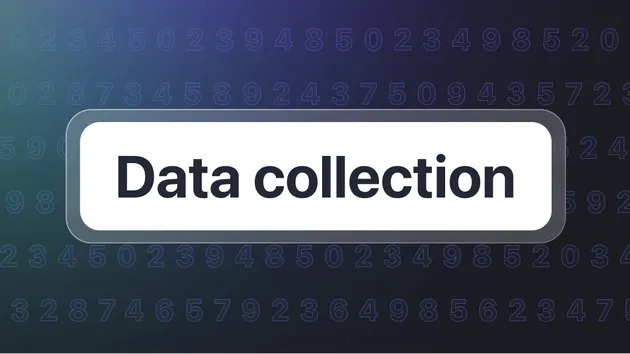Shopify Product & Collection Scraper
Pricing
Pay per event
Go to Apify Store
Shopify Product & Collection Scraper
Under maintenanceShopify Product & Collection Scraper is a powerful API that allows you to extract structured data from any public Shopify-powered store. Simply provide a product or collection page URL, and this API will return essential data including titles, prices, images, descriptions, variants and availability.
5.0 (1)
Pricing
Pay per event
0
9
9
Last modified
8 days ago
An Apify actor that retrieves product and collection information from Shopify stores as JSON data.
Features
- Automatic Type Detection: Automatically detects whether the URL is a product or collection page
- Multiple Scraping Methods:
- First tries Shopify's JSON endpoints for clean data
- Falls back to HTML scraping with multiple selectors
- Comprehensive Data Extraction: Extracts titles, prices, images, variants, descriptions, and more
- Robust Error Handling: Multiple fallback methods ensure data extraction even when some methods fail
- Apify Integration: Properly structured as an Apify actor with input/output handling
Input Parameters
| Parameter | Type | Required | Description |
|---|---|---|---|
url | string | Yes | The Shopify URL to scrape (must contain /products/ or /collections/) |
type | string | No | Type of content to scrape: "auto", "product", or "collection" (default: "auto") |
Output Format
For Collections
For Products
Usage Examples
Local Development
- Install dependencies:
- Create a
.envfile (optional for local testing):
- Run the Apify actor:
- Or test the standalone version:
Apify Platform
- Deploy to Apify platform
- Use the web interface to input parameters
- Or use the Apify API:
Testing
Standalone Testing
The standalone.js file provides a simple way to test the scraper without Apify:
This will:
- Test with a real Shopify store URL
- Save results to
scraping-results.json - Show detailed logging of the scraping process
Custom Testing
You can modify test-input.json to test different URLs:
Supported Shopify Features
- JSON Endpoints: Automatically tries
*.jsonendpoints for clean data - Product Collections: Extracts all products from collection pages
- Product Variants: Handles multiple product variants with different prices
- Images: Extracts product images with proper URL resolution
- Pricing: Handles both regular and sale prices
- SEO Data: Extracts product handles, titles, and descriptions
- Inventory: Tracks product availability and SKU information
Error Handling
The actor implements multiple fallback methods:
- Primary: Shopify JSON endpoints (
/products/*.json,/collections/*.json) - Secondary: Collection products API (
/collections/*/products.json) - Fallback: HTML scraping with multiple CSS selectors
- Graceful Degradation: Returns partial data even if some methods fail
File Structure
Limitations
- Requires the Shopify store to be publicly accessible
- Some stores may block automated requests (403/404 errors are common)
- Complex product variants may not be fully captured via HTML scraping
- Pagination is limited to the current page for collection scraping
Troubleshooting
Common Issues
- 403/404 Errors: Many Shopify stores block automated requests
- No Products Found: Try different URLs or check if the store is accessible
- Apify Integration Issues: Make sure you're using the correct Apify SDK version
Debugging
- Check the console output for detailed error messages
- Use
standalone.jsfor easier debugging - Modify
test-input.jsonto test different URLs
Contributing
- Fork the repository
- Create a feature branch
- Make your changes
- Test thoroughly
- Submit a pull request
License
ISC License
On this page
Share Actor:




